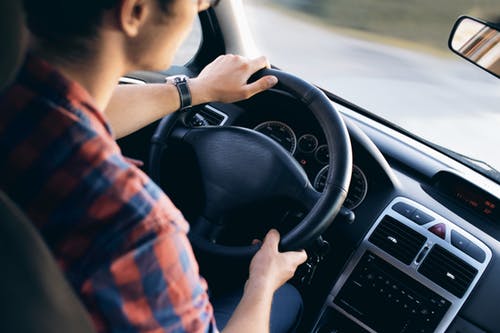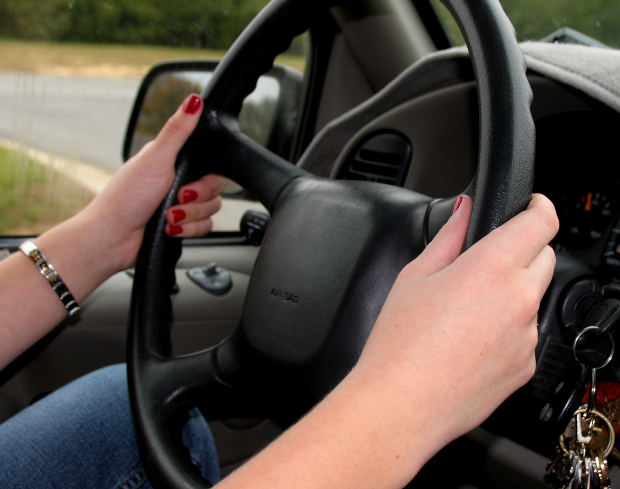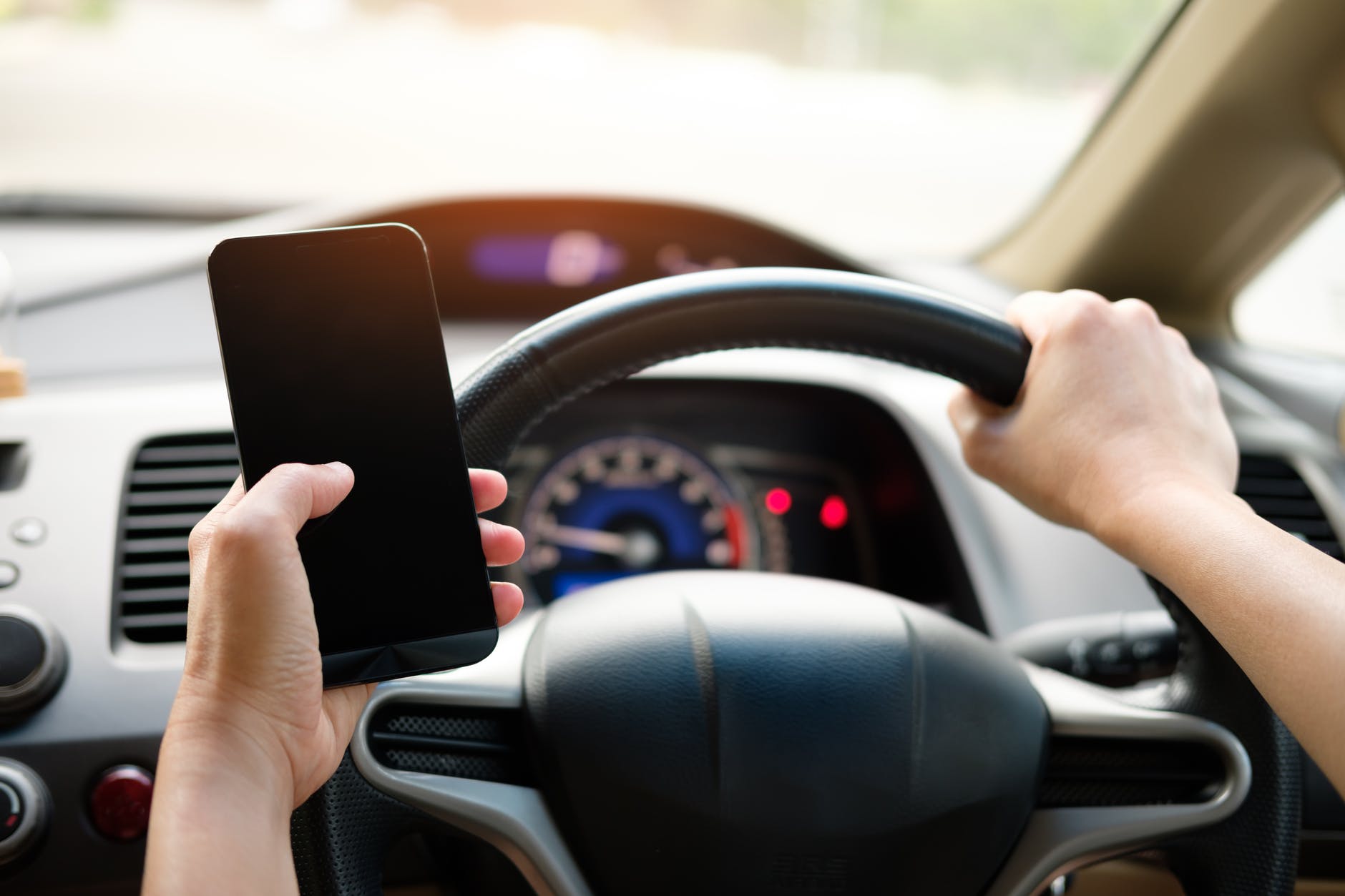In the midst of the coronavirus pandemic, one might assume that traffic accidents and roadway deaths are on the decline. After all, fewer people are traveling short and long distances and many are hunkered down under stay-at-home orders. Unfortunately, as our Fort Lauderdale car accident attorneys understand, it appears that may not be the case…
Continue reading ›Articles Posted in Car Accidents
Accidents happen. According to the National Highway Traffic Safety Administration, they happened more than 6.4 million times a year, killing more than 37,000 and injuring more than 2.7 million. Perhaps just as scary is the fact that nearly 27 percent of Florida drivers have no insurance. Even drivers who carry the minimum amount of insurance…
Continue reading ›Florida’s personal injury protection (PIP) auto insurance model was designed to help lower insurance costs and discourage costly civil court claims for every little fender bender. And yet, research shows Florida drivers pay the third-highest auto insurance bills in the nation – roughly $1 billion annually. Recently, bills were introduced by state lawmakers that would…
Continue reading ›Every year, there are roughly 1.7 million rear-end collisions on U.S. roadways, killing some 17,000 and injuring another 500,000. That’s according to a report from the National Transportation Safety Board, which has been pushing for years for automakers to make collision avoidance systems standard in all vehicles. The NTSB estimates 80 percent of deaths and…
Continue reading ›Motor vehicle manufacturing and design defects can’t be overlooked as possible catalysts in fatal or injurious Florida car accidents. The National Highway Traffic Safety Administration reports there were 30 million vehicles recalled last year, down just slightly from the 29 million the year before, though a significant drop from the record-high 50 million recalled in…
Continue reading ›For those injured in a car accident, the term “subrogation” can seem foreign. Given that it deals with complex insurance benefits and contracts and that such negotiations often occur between insurers and attorneys behind the scenes, most never have much cause to consider it. But if you’re injured in a Fort Lauderdale car accident, health…
Continue reading ›Errors made while changing lanes are among the most common causes of Florida car accidents, one of the more frequently-cited of the 73,000 right-of-way violations issued in Florida last year. The National Highway Traffic Safety Administration estimates approximately 9 percent of all crashes are caused by improper lane changes. Causes of improper lane change accidents…
Continue reading ›Recovering physically is the first step after a serious car accident. But financial recovery is another key step. No one ever plans to get in a car accident, so it’s understandable few have given much thought as to how the civil claims process will unfold. Some of the most common misconceptions include: “I have to…
Continue reading ›A jury in Gainesville recently awarded $13 million in damages following a Florida car accident in which a woman died in 2016 when another driver struck her vehicle during an illegal pass. The case has made headlines, and sparked a discussion over personal injury lawsuit damages and how they are calculated. As long-time Fort Lauderdale car…
Continue reading ›Florida’s new texting-and-driving law holds the promise of potentially safer roads throughout the Sunshine State. After years of pushing by public safety advocates – first for the original state texting-and-driving law and then to amend that law to make it a primary offense – Florida has a brand new distracted driving statute. The new measure,…
Continue reading ›





















